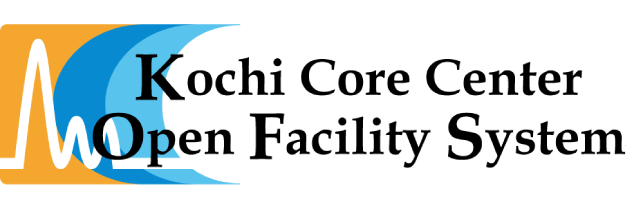Big Data Project
Joint Usage/Research Project (2018-2021)
Super Warm Earth: Understanding Global Warming Processes from Paleoceanographic Big Data (>400 ppm CO2 world) (a.k.a. “Big data” project).
Big-data paleoceanographic knowledge can benefit our understanding of the Earth’s potential future climate system. With the establishment of an academically focused core/data repository open to the science community, and the promotion of international research collaboration, we hope to contribute to the Earth-science community through our scientific resources. We encourage such cooperative studies via three principal research projects (PRP) described below.
【PRP-A】Precise and accurate data correlation by chronostratigraphic big data assimilation to characterize late Cenozoic warming episodes (PI: Masao Iwai)
Past warming episodes during Late Cenozoic Ice Age provide insight into the upcoming global warming during the 21st Century. The principal objectives are 1) to reassess biostratigraphy and chronostratigraphy of DSDP-ODP-IODP legacy cores and to assimilate those big data to accurate and consistent age model, and 2) to reveal high resolution paleoclimatic and paleoceanographic phenomena during the Pliocene and Miocene warm periods. We will also discuss on the sample and data traceability, reusing for research and education, and AI-IoT opportunity in the IODP core repositories.
【PRP-B】Paleo-proxy data mapping in the Northwest Pacific: Understanding the behavior of the Kuroshio-subtropical gyre during past super-interglacials (PI: Minoru Ikehara)
We propose to reconstruct paleoceanographic variations in the Northwest Pacific during the late Quaternary. The project offers opportunities to use marine sediment cores to investigate paleo-sea surface temperature, biological productivity, and the thermal structure of the ocean during specific time windows: the last glacial maximum (LGM) and past super-warm interglacial periods, marine isotope stage (MIS) 5e, MIS 9, and MIS 11.
【PRP-C】Survival strategy of microplankton to global warming (PI: Yurika Ujiie)
The project aims to document diversity-changes in micro-plankton (particularly Haptophytes) over the past half century, during which significant global warming has occurred. The CMCR has an extensive collection of filter samples of sea-water in 1960–1970’s world oceans. Molecular/morphological based analyses on these samples enable to reconstruct biogeography, and to provide comparable data with 2000’s biodiversity studies. We will thus be able to understand the response of micro-plankton to drastic warming.











